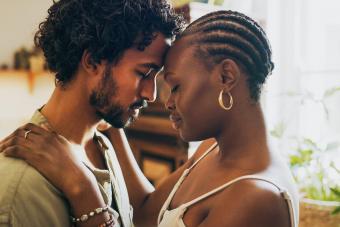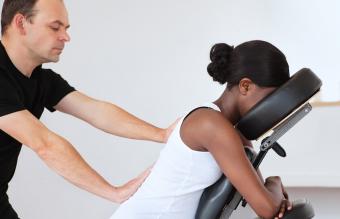
If you or someone you know has recently lost a baby, you may notice some changes in intimacy. Libido, or the desire to be sexually intimate, can change along with the emotional and physical upheaval of this experience.
There are several factors that can cause increased libido after miscarriage, as well as some things that can cause libido to decrease. Little research information is available about libido after losing a baby, but some ideas can help your sort through the experience and its potential effects on sex drive.
Potential Causes of Increased Libido After Miscarriage
Some people may experience increased libido after having a miscarriage, and this can occur because of hormonal shifts involving testosterone and other hormones. Hormone levels are only part of the picture, however. Some things to consider if a person is experiencing an increase in sex drive after losing a baby include the following:
- Desire to have another baby
- How long the person was pregnant
- Relationship issues
Desire to Conceive
People have common emotional responses to the loss of a pregnancy, often including grief and depression. However, people can respond to these experiences in different ways. Some people may shift their efforts and emotional energy toward conceiving again. A person's sex drive may increase as they stays focused on trying to conceive rather than focusing on the loss. However, this very drive can be a great source of stress in a relationship as well.
Stage of Pregnancy
How far along was the pregnancy? People who lose a baby early in the pregnancy may be less affected than people who experience a miscarriage at seven months or later, which is actually a stillbirth. Physical changes associated with pregnancy are more pronounced as the pregnancy continues, and they may not disappear right after losing the baby. The physical changes can be somber reminders of the loss, which can decrease libido.
Having a miscarriage early in the first trimester does not carry this type of reminder, and the loss may not lessen sex drive. In addition, a small 2020 study of 147 pregnant people found that the majority of them had a decreased sex drive during the first trimester, probably due to hormonal changes. If the hormone levels return to normal after the loss of the pregnancy, the person's sex drive might also return.
Relationship Issues
Did the loss put a strain on the relationship or bring the couple closer together? Some people may experience an increase in libido as they make close connections to their partners after a loss. If the couple is supportive of one another and they focus on trying to conceive another baby, sexual desire may increase.
Potential Causes of Decreased Libido After Miscarriage

A decreased sex drive after having a miscarriage is normal and quite common. In fact, it may be more common than a libido increase. The low mood and sadness that naturally follow such a loss can cause a person to lose energy as well as interest in sex. Grief can disrupt a person's desire, and a sense of loss can be a source of stress in a relationship.
Hormonal changes after losing a baby can also play a role in loss of libido. At one moment, a pregnant person is experiencing the hormonal shifts associated with pregnancy, and the next moment, the shift takes a dramatic turn. This is normal and not a cause for concern, but if you're struggling emotionally or physically after this loss, it's important to talk to your doctor.
How to Manage Changes in Libido
Whether you are among the quiet population that experiences increased sex drive after miscarrying or you are trying to deal with decreased drive, it helps to recognize that libido depends upon much more than hormonal shifts. Psychological, emotional, and relationship issues each play a significant role in sex drive.
Getting help and support for changes in libido can be part of miscarriage aftercare. Dealing with this issue after experiencing a miscarriage can be difficult, and consulting a doctor or therapist may be a good idea if the issue is causing excessive stress or depression. It's also important to give yourself permission to be different for a while after this experience. It takes time to heal, and healing doesn't look the same for every person. Your journey is unique.







